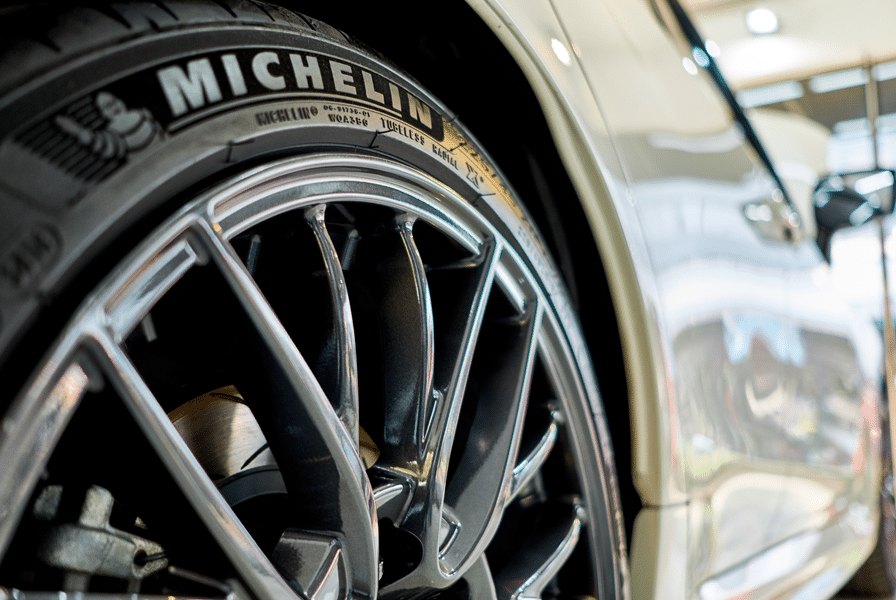
A new European regulation, R117-04, aims to enhance road safety and reduce tyre waste, potentially saving motorists billions annually. The regulation, which includes stringent new tests for tyre performance, ensures tyres remain reliable until reaching the legal tread depth of 1.6 mm. Michelin, a leading tyre manufacturer, supports this law, highlighting its potential to lower CO2 emissions by 6.6 million metric tons annually. Additionally, this law could reduce tyre demand in Europe by 128 million units per year, saving motorists approximately £5.8 billion. Maintaining legal tread depth is crucial to avoid fines and insurance issues.
A Boost for Road Safety
The new regulation focuses on improving road safety by mandating that tyres maintain high performance standards until they reach the minimum legal tread depth of 1.6 mm. This measure is expected to significantly reduce accidents caused by poor tyre conditions, making roads safer for everyone.
Environmental Benefits
Michelin has highlighted the environmental advantages of the R117-04 regulation. By ensuring tyres are more durable and require fewer replacements, the regulation could help cut down CO2 emissions by 6.6 million metric tons each year. This reduction is comparable to taking millions of cars off the road, contributing to a greener planet.
Financial Savings
One of the most attractive aspects of the new regulation is the potential financial savings for motorists. With tyres now required to pass rigorous performance tests before being deemed legal, the need for frequent replacements will decrease. This change is projected to reduce tyre demand in Europe by around 128 million units annually, translating to a financial saving of about £5.8 billion for motorists.
Ensuring Tyre Longevity
The regulation ensures that tyres remain safe and effective throughout their lifespan. By focusing on tyre quality and performance, drivers can trust their tyres to last longer, reducing the frequency of replacements and associated costs. This emphasis on durability is not only beneficial for drivers’ wallets but also for the environment.
Compliance and Enforcement
Drivers need to ensure their tyres comply with the new standards to avoid penalties. Driving on tyres that do not meet the legal requirements can lead to fines and potentially invalidate insurance policies. This aspect underscores the importance of regular tyre checks and maintenance.
Industry Support
The tyre industry has largely welcomed the new regulation. Michelin, in particular, has been vocal about the benefits, emphasizing the dual advantages of enhanced safety and significant cost savings for consumers. The industry support is crucial for the successful implementation and enforcement of the new standards.
The introduction of the R117-04 regulation marks a significant step towards improving road safety, reducing environmental impact, and saving costs for motorists. By ensuring tyres remain reliable and safe until they reach the legal tread depth, this law provides multiple benefits, reinforcing the importance of high-quality tyre maintenance and performance.











